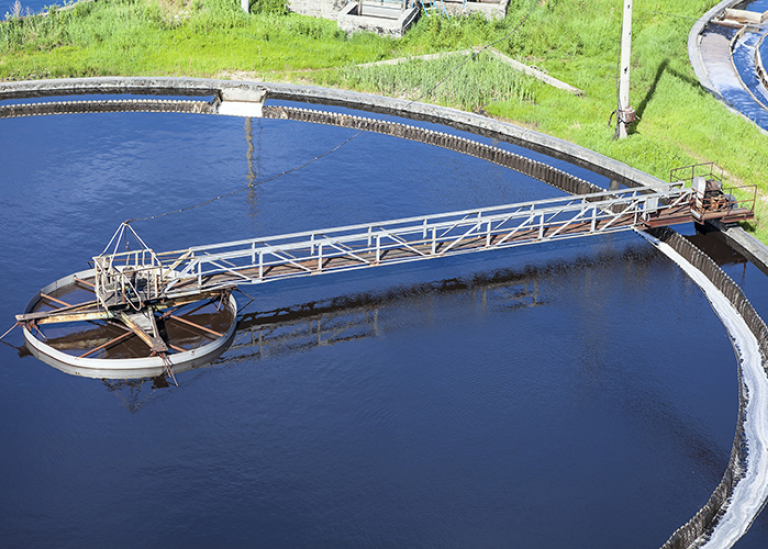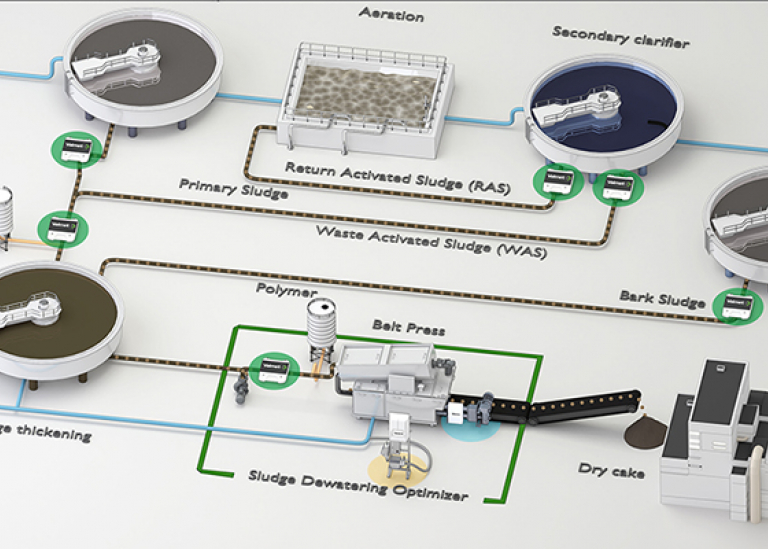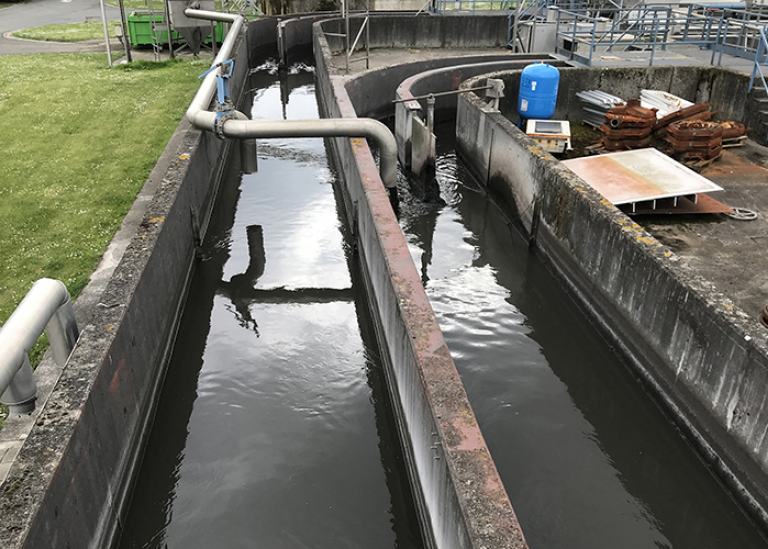Water treatment

The wastewater collected in our sewers is all sent to a treatment plant. Not every water treatment plant is the same. The size and setup of these depends on the amount and composition of the water being treated. However, they all have the same purpose: to remove all harmful components before they are discharged or reused.
Different water treatments
A wastewater treatment plant as we know it, processes all the wastewater that enters the sewers. The classical system separates the activated sludge and purified water via sedimentation, while the compact system with a membrane bioreactor (MBR) does this via membrane filtration.
Measurements on water treatment
Mechanical pre-treatment
After the intake of the sewage water, conditioning of the waste flow may be required to ensure the processing of the wastewater through the plant. For example, the pH value may be measured so that a pH correction can be carried out if necessary. This is followed by mechanical pre-treatment. This purification removes coarse dirt from the water and any sand and grease.
Organic treatment
Organic treatment is carried out using activated sludge. Aeration basins are also included in this treatment step. The extra oxygen introduced by aeration starts the activated sludge working and promotes the breakdown of these pollutants. The efficiency of this process is assessed by monitoring the concentration of nitrate, ammonium, phosphate, organic load and any other components.
Post-sedimentation
The sedimentation of the sludge allows the turbidity of the purified water to be measured. This measurement takes place optically and can determine various concentrations of suspended solids. The sludge is removed from the tanks and the water quality can always be determined. This is based on parameters such as dissolved oxygen, pH, conductivity, etc.
Sludge treatment
These plants dewater the excess sludge, which is not reused in the treatment process, and process it into dry cake. This process and its optimisation are described in detail in the sludge treatment application.
Flow measurement
A flow measurement at the beginning and end of the process gives an accurate picture of the amount of wastewater treated in the wastewater treatment plant.
Please don’t hesitate to ask for our advice
Over the years, Elscolab has accumulated the knowledge required to search together for the right measurement set-up. You can always contact us for any questions regarding measurements on water treatment plants.
More information?


